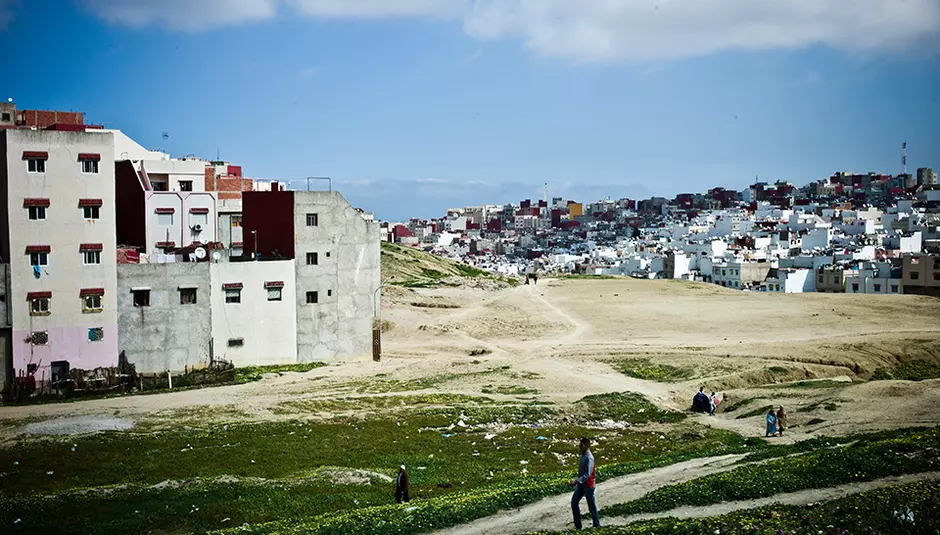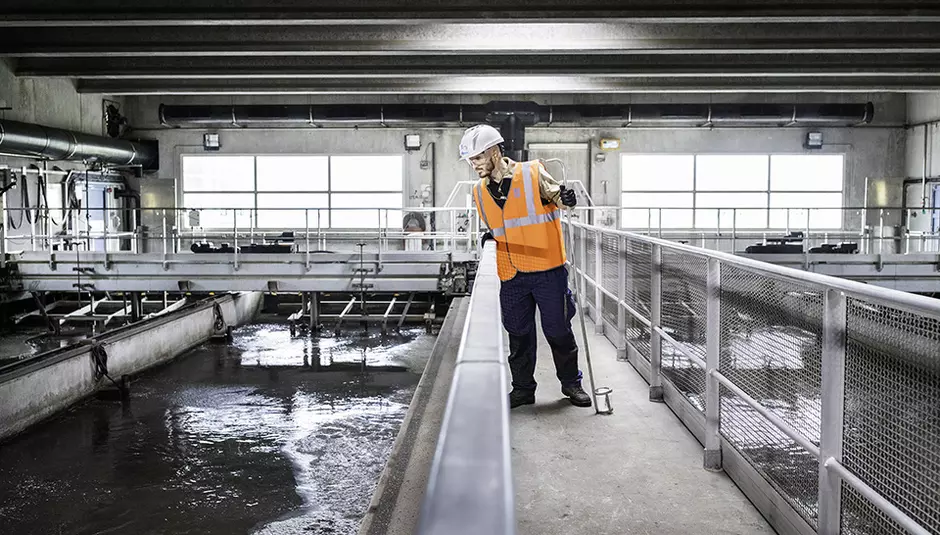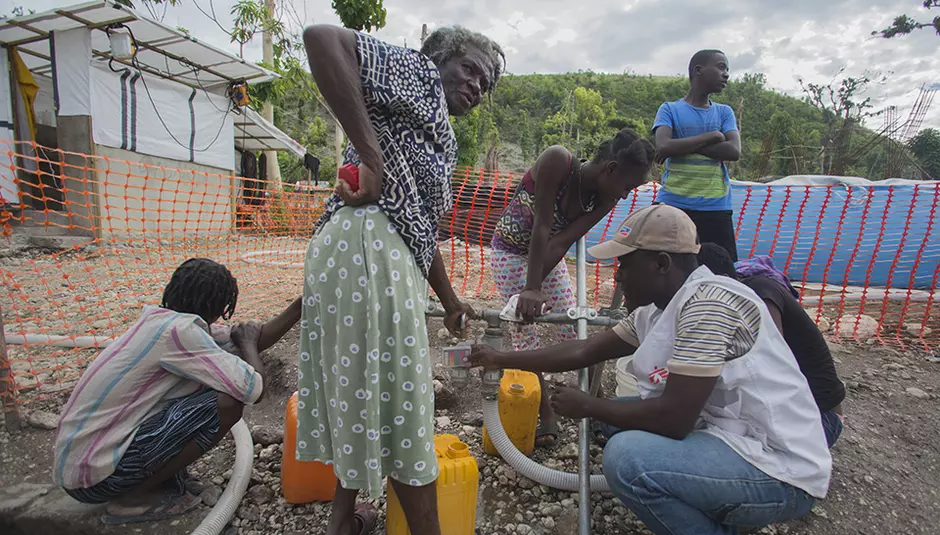4.2 billion people worldwide do not have access to sanitation! This staggering figure is increased by the growing disruption caused by climate change - floods, drought, rising sea levels - which threatens existing systems from toilets to treatment plants. On World Toilet Day 2020, November 19, Veolia is therefore highlighting its commitment to and its solutions for achieving the UN sustainable development goal of "water and sanitation for all by 2030".
Sanitation is an essential public service, and along with access to adequate toilets, is a key factor in health, education, and sustainable development. However, 4.2 billion people across the world live without access to safely managed sanitation. In Europe alone, 10 million people live without access to toilets. These figures are a reminder that international cooperation has not managed to change the situation. The reasons are well known: heavy investment, the difficulty of organizing and covering the costs of the service, and less pressing citizens' expectations than for drinking water.
Speeding up the provision of sanitation for all
Veolia is committed to providing and maintaining services that are essential to health and human development.
Access to sanitation for all is at the heart of its strategy. The Group is particularly in favour of targeted policies for the most disadvantaged groups of people or neighbourhoods.
It innovates to treat pollution that impacts health and intervenes in emergency situations, using its expertise in maintaining essential services. Veolia is committed to a multifaceted performance that includes 18 indicators which are measured by an independent body. One of the indicators of its societal performance is the number of inhabitants benefiting from inclusive arrangements for access to water and wastewater services under Veolia contracts.
Despite the progress, the current situation is still not satisfactory. Veolia is therefore campaigning for the Right to Water and Sanitation, and for legislation that takes this into account. With this in mind, the Group recently signed the declaration for the promotion of access to toilets within the framework of European legislation.
In many countries, governments rely on the participation of the private sector to achieve their wastewater goals. It is in this context that local authorities entrust Veolia with providing technical, financial and societal solutions specific to each territory. For example:
• In Morocco, Tangier, through its subsidiary Amendis Veolia deploys access to sanitation as part of the national initiative for human development (INDH): this social connection program has made it possible to connect 294,000 low-income residents, increasing the sanitation rate from 72% in 2002 to more than 99% today, thereby benefiting both health and the environment.

• In France, Bordeaux Métropole has entrusted Veolia with managing its wastewater and storm water, with a 4,200 km network and six wastewater treatment plants serving 1.15 million population equivalents. Citizens who wish to do so can become stakeholders in their environment by getting involved in governance: 65 local stakeholders are associated with improving the quality of life of city dwellers. Veolia plans to recruit eight people on work experience schemes to better inform users on a daily basis. This partnership is standard-setting in the world of water, which is at the heart of human ecology and regional development issues.

• In Haiti, the Veolia Foundation is working with Médecins Sans Frontières (MSF) on the design of a wastewater treatment plant for a hospital. A unit treats the effluent, combining bio disks, filtration and UV disinfection of residual pathogens. This development is part of the strategic partnership for research and development that has linked the Veolia Foundation and MSF since 2014.

More:
Veolia Foundation: Sharing expertise for access to water and sanitation
Developing logistics innovations for humanitarian action
The Veolia Foundation organizes the humanitarian WASH workshops (Water, Sanitation and Hygiene)
Promoting universal access to essential services
Our strategic programme “Impact 2023”
Performance and value creation


